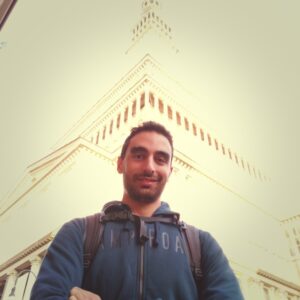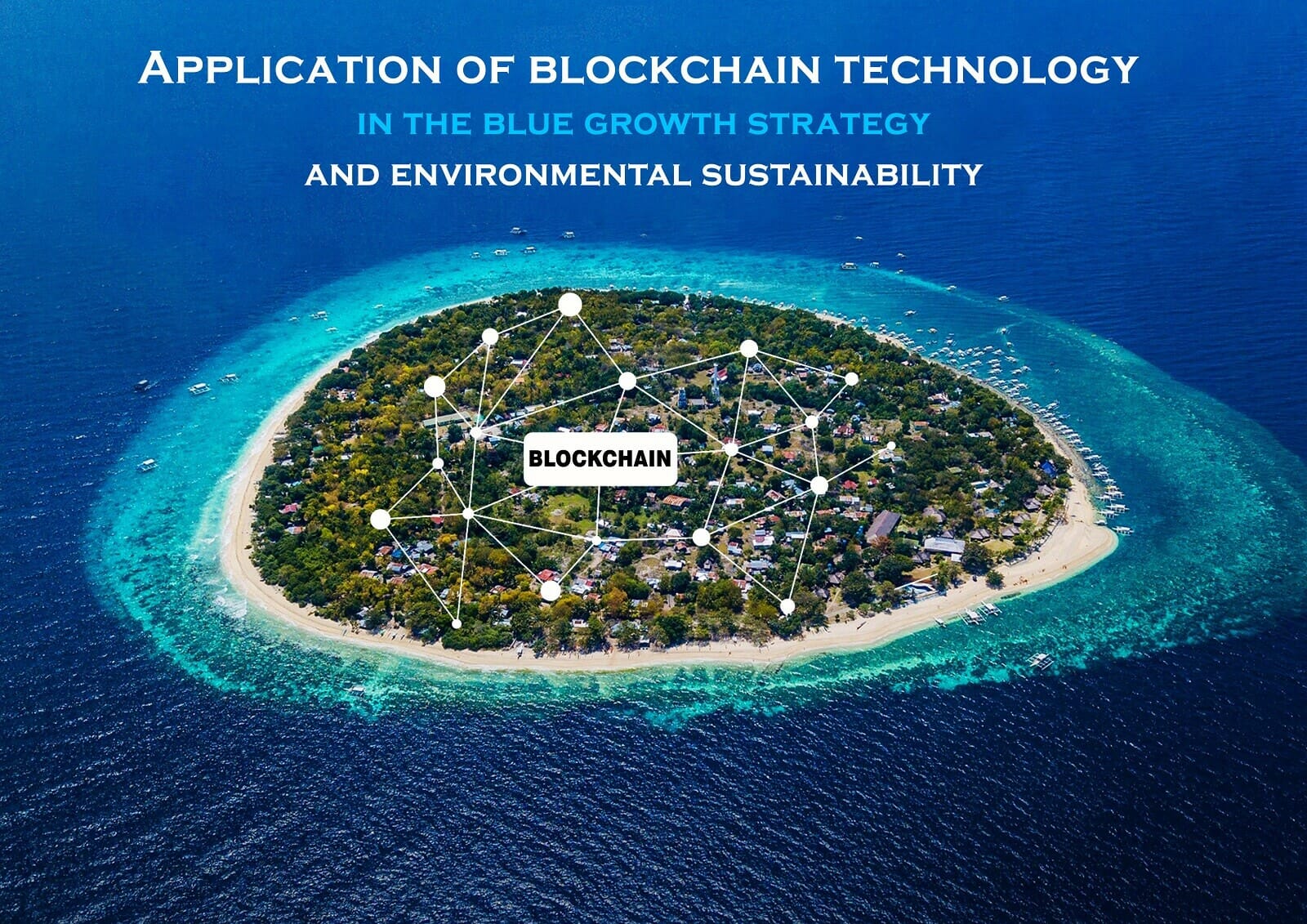Blue Growth is a cohesive approach for environmentally compatible, integrated and socioeconomically sensitive management of aquatic resources. A healthy ocean ecosystem ensured by sustainable farming and fishing operations is a prerequisite for blue growth. Many of the challenges in managing natural resources and maintaining ecosystem services arise because of a lack of trust and confidence in the rules governing exchange and possession.
In the last decade, one emerging opportunity is blockchain technology. Blockchain can support environmental sustainability through two tasks; decentralisation and digitising (making non-editable transactions for each unit of resource), leading to:
- resource rights (guaranteeing the right of each stakeholder to use the resource);
- product origins (tracking the origin of resources);
- behavioural incentives (motivating people to protect resources);
Blockchain software creates a database that cannot be edited by anyone and the database is distributed among computers; therefore there is no centre that stores the database. The blockchain software records and stores every transaction that occurs on the computer network. All computers on the network can view all of the blockchain records, and to the extent any change to the distributed ledger is made, it is visible to everyone.
The potential of blockchain to support environmental sustainability comes down to one key feature: its ability to provide a verifiable record of who exchanges what with whom – and therefore, who has what at any given time.
Small islands are extremely valuable for stakeholders, including local people, the government, and companies in terms of their environment and culture, but at the same time, they present fragile ecosystem structures. In this context, waste management policies play an important role. A study presents how a digital coupon or cryptocurrency can be introduced to trade waste, energy and by-products (e.g. fertilizers or feedstock) among the farmers and entrepreneurs. This system could maximize the use of agricultural waste by incentivizing farmers and enterprises to work together.
The farmers will produce agricultural waste such as straw and animal residue as well as non-putrescible (slow to decompose) waste like plastics. They can then store their agricultural waste and non-biodegradable waste (plastics) separately in Smart Bins (SB) provided by the waste to energy (WTE) plant. Through calculations at the time of collection, the waste received will translate into a certain amount of energy and agricultural products (i.e. briquettes and fertilizer) that the WTE plant owes each farm. As a result of this transaction, there will be an “atomic swap” of resources; farmers instantly receive digital coupons/cryptocurrency of energy and agricultural products when the WTE collects the segregated waste.
Small islands can use blockchain technology to conserve resources by ensuring traceability along the supply chain. In addition, establishing waste to energy plants and using a blockchain-based system can encourage the inhabitants of small islands to cooperate with stakeholders to establish more efficient systems for waste management in order to help conserve the natural environment, as well as creating financial benefits for both local people and companies (WTE).
- Please find the references for this summary in the main article

Author
Afshin Abolhasani
Afshin is studying Marine Sciences at the University of Milano Bicocca. He is interested in researching small islands, marine environments and blockchain technology.
- Email: [email protected]



